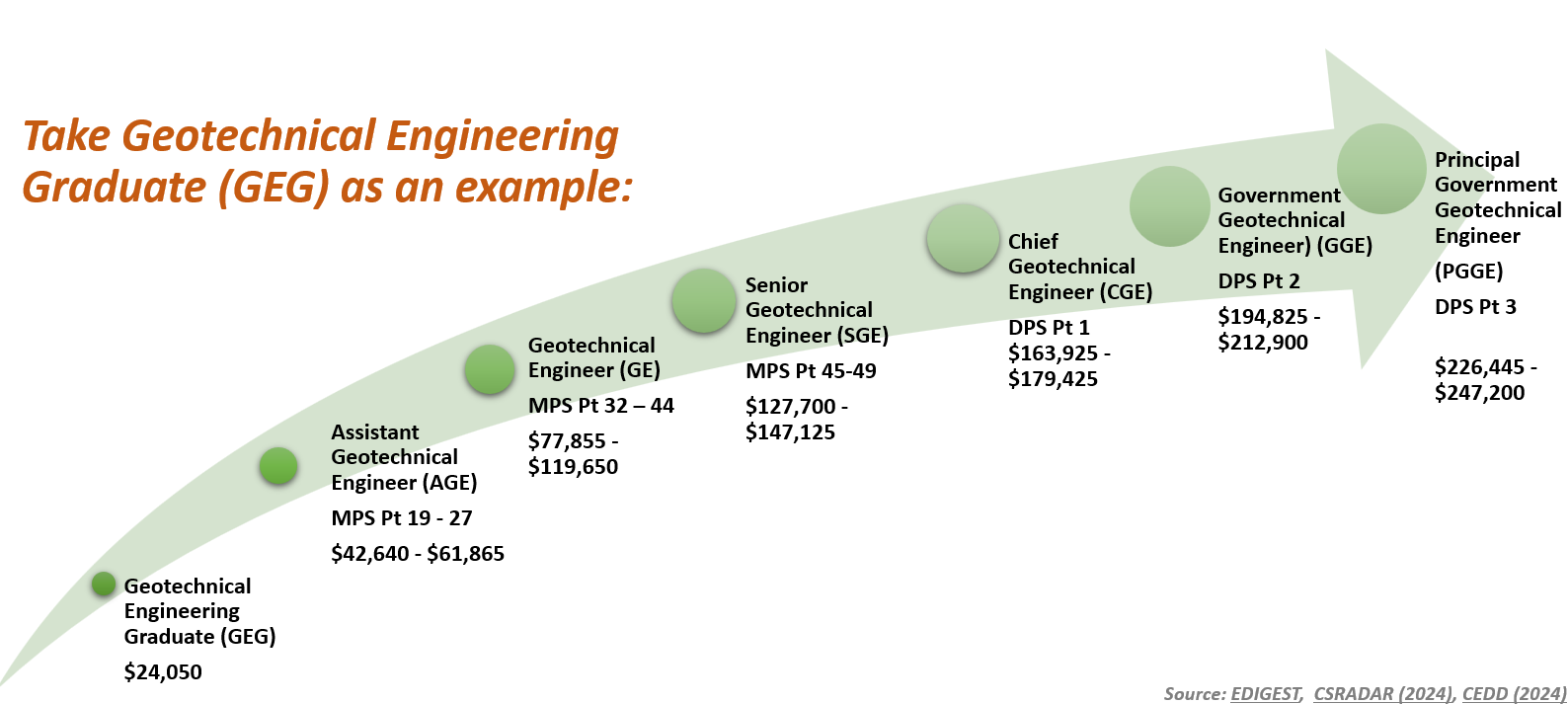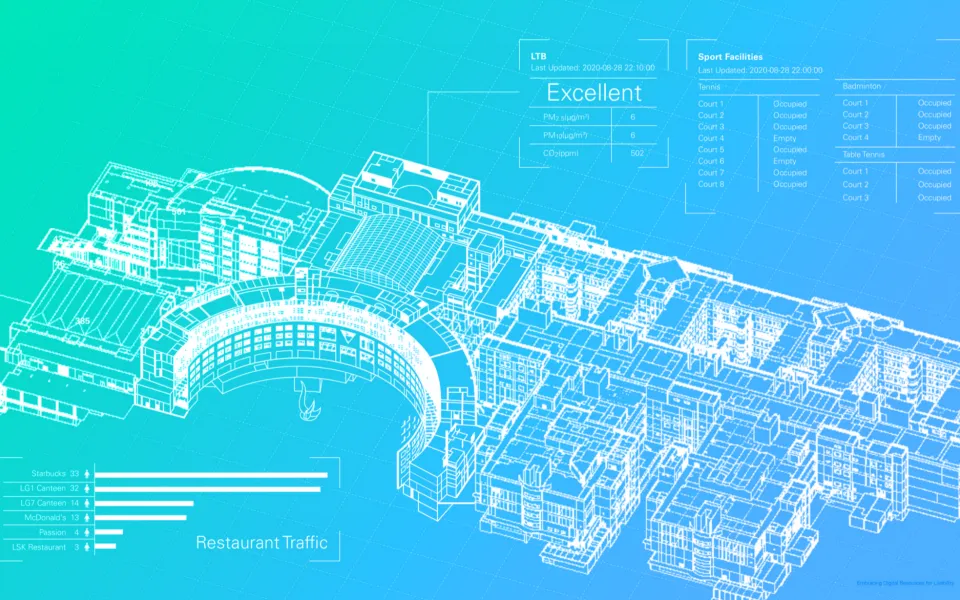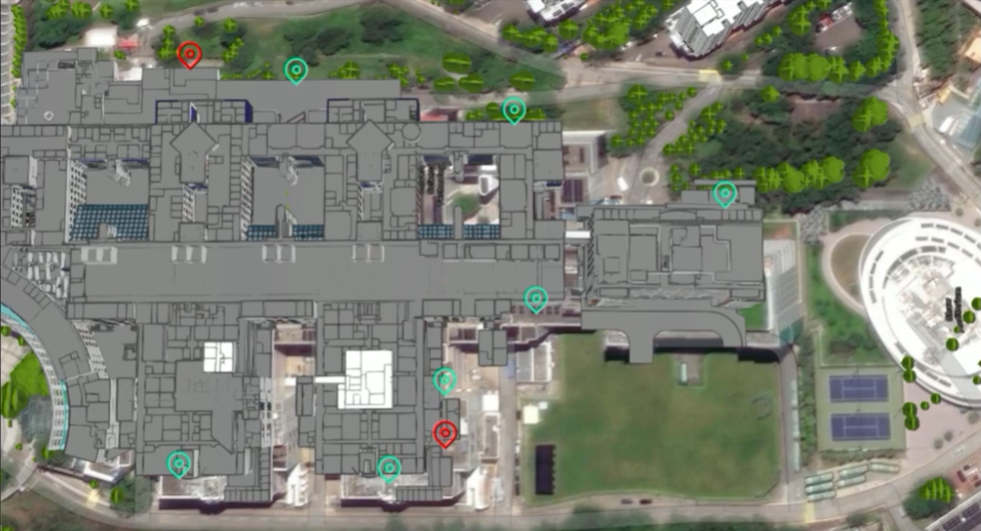Overview
Program Highlight

Forging the Civil Engineers of Tomorrow: A Well-Rounded Curriculum Blending Tradition and Innovation
The Civil and Environmental Engineering programs at HKUST are designed to train the next generation of civil engineering leaders who are equipped to tackle the complex challenges of the modern society. Our undergraduate programs provide students with a well-balanced curriculum that combines rigorous traditional civil engineering fundamentals with cutting-edge, interdisciplinary training. Beyond the core civil engineering courses, our students have numerous opportunities to apply their knowledge in practical, real-world settings. Final year projects, industrial training, and internships allow them to gain invaluable hands-on experience and develop essential professional skills.
Our curriculum is intentionally designed to bridge the gap between conventional civil engineering and innovative, future-focused research. Students will have opportunities to learn from faculty who are at the forefront of pioneering projects, and explore state-of-the-art innovations in the field of civil engineering. Recognizing the growing importance of emerging technologies, we also offer specialized minor program in Smart City and Extended Major in AI. These programs expose students to the latest advancements in areas like AI, big data, and digital automation, equipping them to integrate these transformative tools into the design, construction, and operation of resilient, sustainable infrastructure.
By combining practical knowledge with exposure to cutting-edge technologies, our programs empower students to stand out as versatile, adaptable civil engineering professionals, ready to shape a better, more sustainable world. Through this unique blend of tradition and innovation, we are cultivating the next generation of civil engineering leaders.
Latest project of our faculty under
Sustainable Smart Campus as a living Lab:
SMART WATER NETWORK @ UST
By GHIDAOUI, MS, LOUATI, M
DIGITAL TWIN+ FOR HKUST CAMPUS
By JACK CP CHENG
SMART BUILDING FAÇADE INSPECTION WITH THERMOGRAPHIC IMAGES USING UNMANNED AERIAL VEHICLES (UAVS)
By SHENGHAN ZHANG , YANTAO YU
What will you study?
Our Undergraduate Programs
.png)
The Department currently offers the following
two majors and one minor:

The curricula of both majors are identical in the first two years, after which students will declare their major as either Civil Engineering or Civil and Environmental Engineering. Those majoring in Civil Engineering will take more advanced structural and geotechnical courses, while those in Civil and Environmental Engineering will take more advanced environmental courses. In the third year of study, students may also opt for the Minor in Smart City, which comprises courses covering various issues in smart city development.
Professional Recognition
Both the BEng in Civil Engineering and BEng in Civil and Environmental Engineering degree programs offered by the Department of Civil and Environmental Engineering at HKUST have been accredited by the Hong Kong Institution of Engineers (HKIE). Graduates are eligible to apply for Graduate Membership in the HKIE through scheme A training. After completing the HKIE training scheme, which normally takes three years, graduates of the CIVL and CIEV programs may apply for the examination to become Corporate Members of the HKIE. Graduates of the CIVL program are eligible to join HKIE training in the disciplines of Civil (CVL), Structural (STL) and Geotechnical (GEL) while graduates of the CIEV program are eligible to join HKIE training in the disciplines of Civil (CVL), Environmental (ENV), Structural (STL) and Geotechnical (GEL).

|
A. |
An ability to apply knowledge of mathematics, science, and engineering appropriate to the degree discipline |
|
B. |
An ability to design and conduct experiments, as well as to analyse and interpret data |
|
C. |
An ability to design a system, component or process to meet desired needs within realistic constraints, such as economic, environmental, social, political, ethical, health and safety, manufacturability and sustainability |
|
D. |
An ability to function on multi-disciplinary teams |
|
E. |
An ability to identify, formulate and solve engineering problems |
|
F. |
An ability to understand professional and ethical responsibility |
|
G. |
An ability to communicate effectively |
|
H. |
An ability to understand the impact of engineering solutions in a global and societal context, especially the importance of health, safety and environmental considerations to both workers and the general public |
|
I. |
An ability to stay abreast of contemporary issues |
|
J. |
An ability to recognize the need for, and to engage in life-long learning |
|
K. |
An ability to use the techniques, skills, and modern engineering tools necessary for engineering practice appropriate to the degree discipline |
|
L. |
An ability to use the computer/IT tools relevant to the discipline along with an understanding of their processes and limitations |
Professional Qualifications
Our graduates are eligible for Graduate Membership of the Hong Kong Institution of Engineers (HKIE), Institution of Civil Engineers, UK (ICE) and Institution of Structural Engineers, UK (IStructE).
(a) Training Scheme A (normally 3 years)
- Design and Associated Office Practice (min. 12 months)
- Site Experience (min. 12 months)
- General (~ 12 months)
Please refer to the following link for training details:
http://www.hkie.org.hk/eng/html/gradschemea/introduction.asp
(b) Alternative way to get chartership
Graduates can apply for Career Appraisal via ICE after some years of practical working experience. After assessment, successful candidate will have equivalent status as completion of HKIE Training Scheme A and eligible for professional assessment via ICE. Please refer to the following link for training details:
http://www.ice.org.uk/qualification-careers/ipd/Career-Appraisal
(c) Professional Membership
Corporate Members of CITAC, HKICM, HKIE, ICE or IStructE
Disciplines: Civil, Environmental, Geotechnical, Structural





